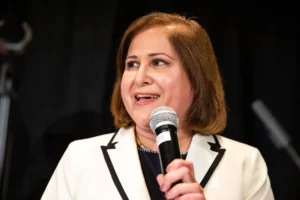 by Dick Hall-Sizemore
by Dick Hall-Sizemore
As staff members of the General Assembly start looking to “find” money in Gov. Youngkin’s proposed budget bill that can be used to fund priorities of their committee members (and they will be looking—that is a major part of their jobs during the Session), a good place to look would be capital maintenance reserve. There is at least $200 million in that budget item that could be taken without adversely affecting any of the agencies involved.
As defined by the Dept. of Planning and Budget (DPB) in its reporting instructions to agencies, a maintenance reserve (MR) project is “a major repair or replacement to plant, property, or equipment that is intended to extend its useful life.” A typical MR project would be repair or replacement of built-in equipment such as in HVAC systems; repair or replacement of building or plant components such as roofs or windows; and repair of existing utility systems such as steam lines or water systems.
The cost for an MR project must exceed $25,000 but be no more than $2.0 million for a non-roof replacement project and no more than $4.0 million for a roof replacement. DPB may grant exceptions to these dollar amounts and agencies must submit annual reports to DPB on MR expenditures. Continue reading

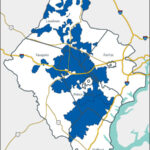



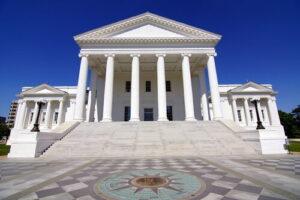 by Gordon C. Morse
by Gordon C. Morse by Dick Hall-Sizemore
by Dick Hall-Sizemore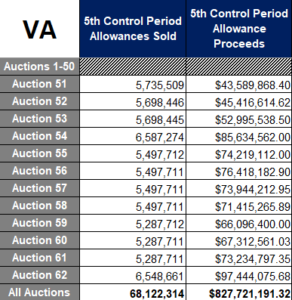
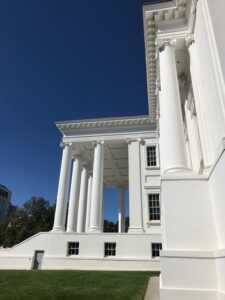 by Emilio Jaksetic
by Emilio Jaksetic

